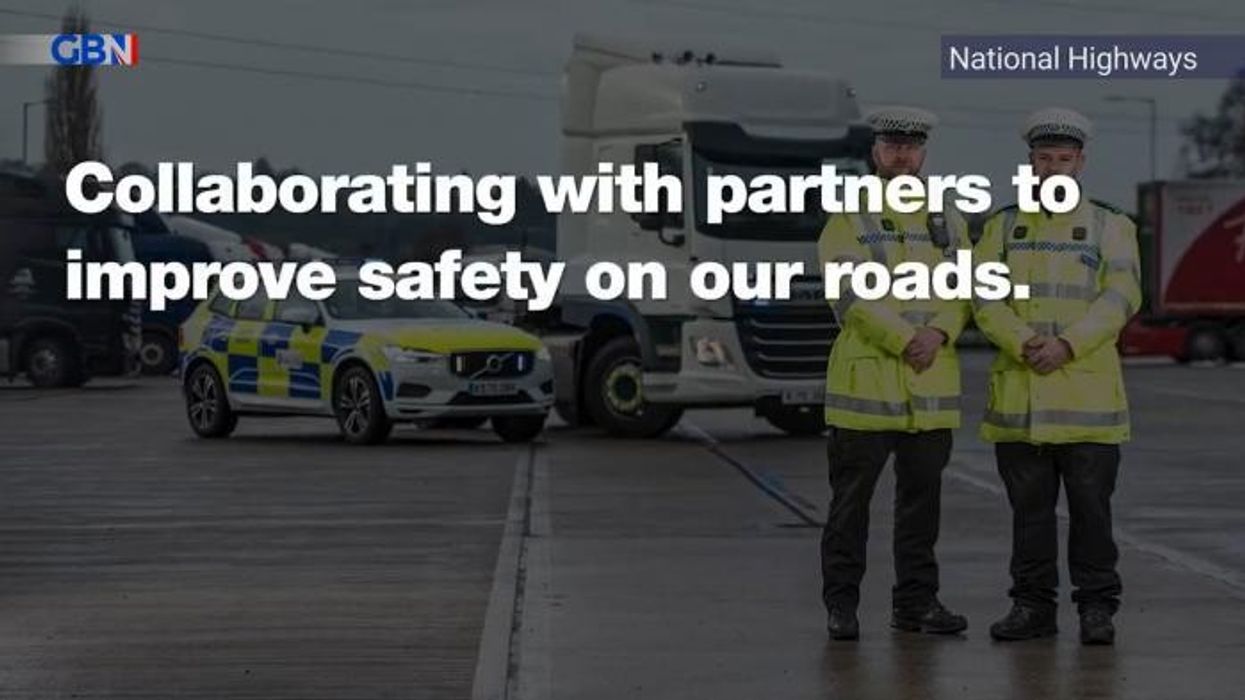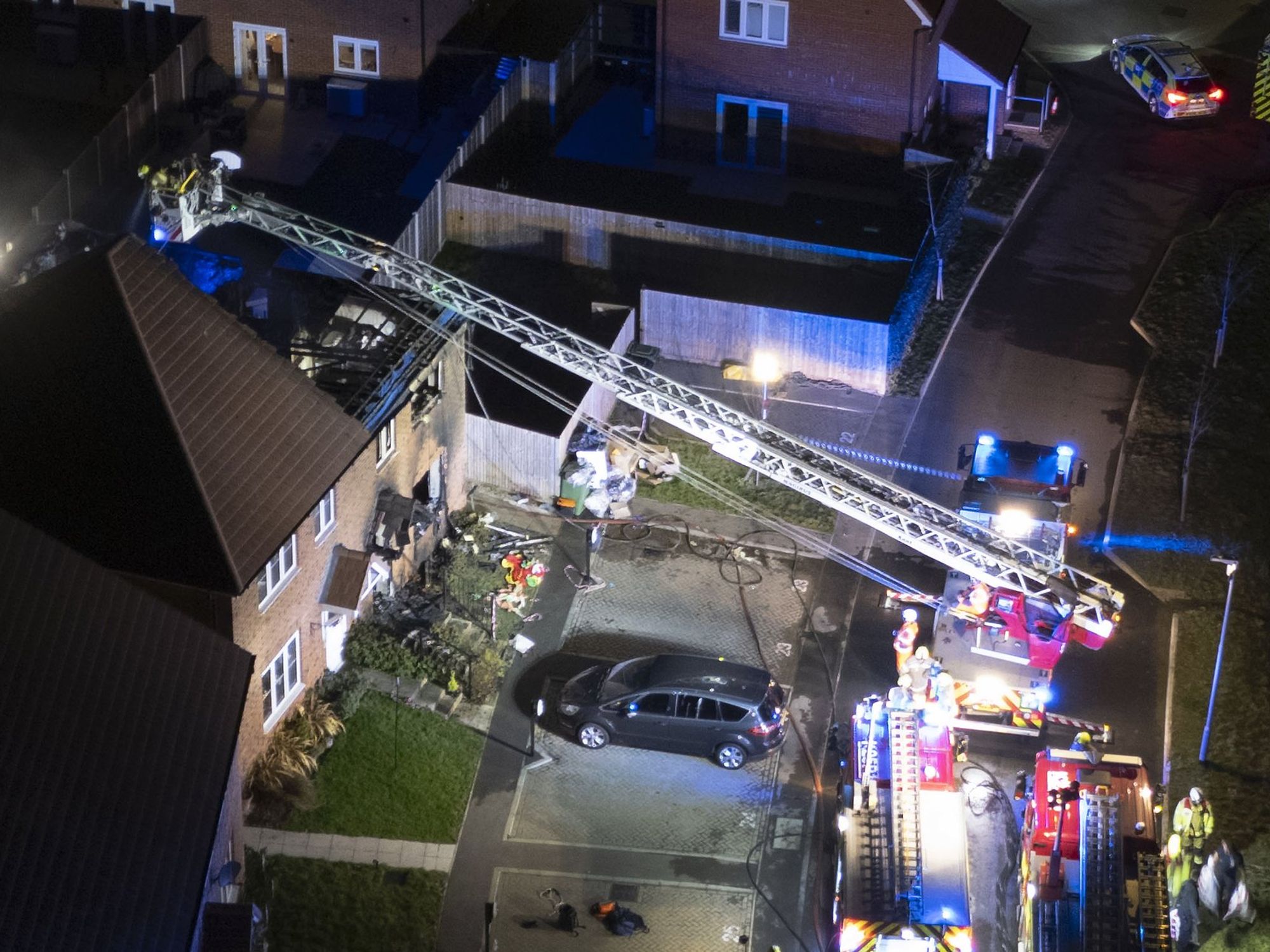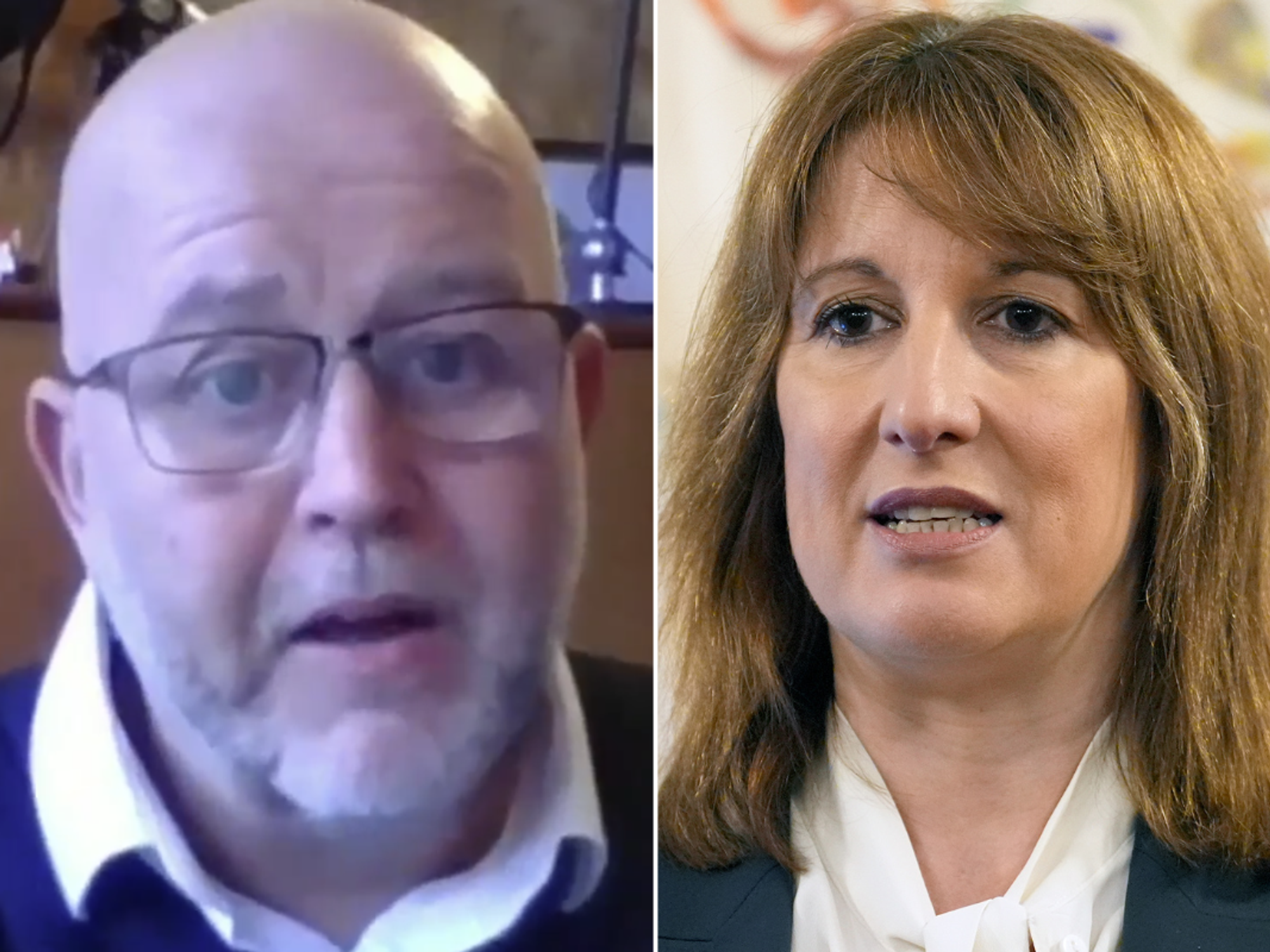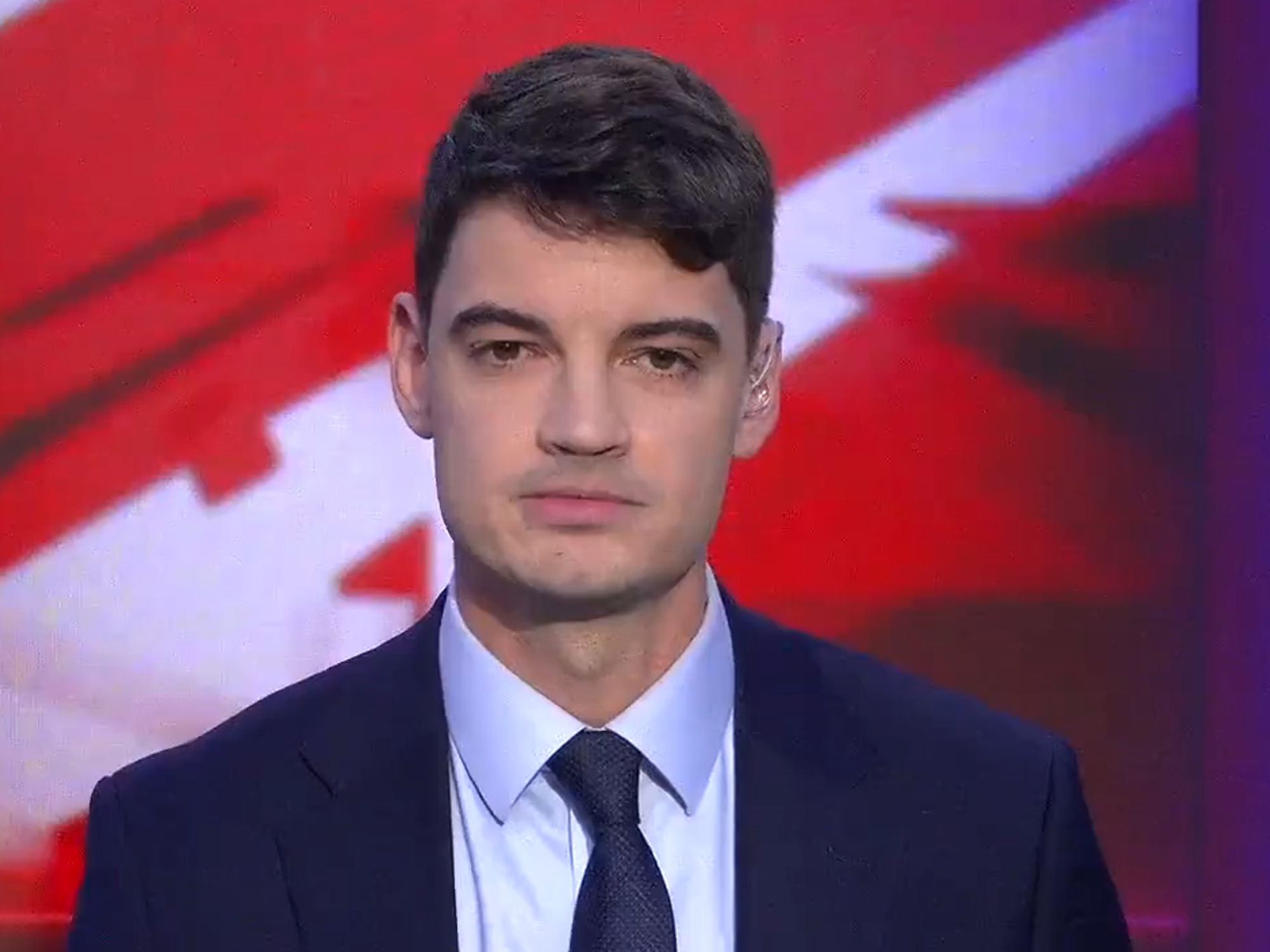Motorists risk £100 fine for noisy vehicles as Britons favour nationwide rollout of enforcement cameras

Two-thirds of Britons want Labour to enforce noise pollution cameras
Don't Miss
Most Read
More than two-thirds of motorists are in favour of installing noise enforcement cameras across the UK to help crack down on rowdy vehicles.
It comes after a report found that 69 per cent of Britons want quieter streets and roads with the Government urged to act.
Half of surveyed individuals said they would like to see more public awareness of laws around excessively noisy vehicles and their enforcement increase.
Max Sugarman, chief executive at Intelligent Transport Systems UK, said: "Noise cameras allow local authorities or the police to pinpoint, and thereby enforce against, excessively noisy vehicles.
Do you have a story you'd like to share? Get in touch by emailing motoring@gbnews.uk
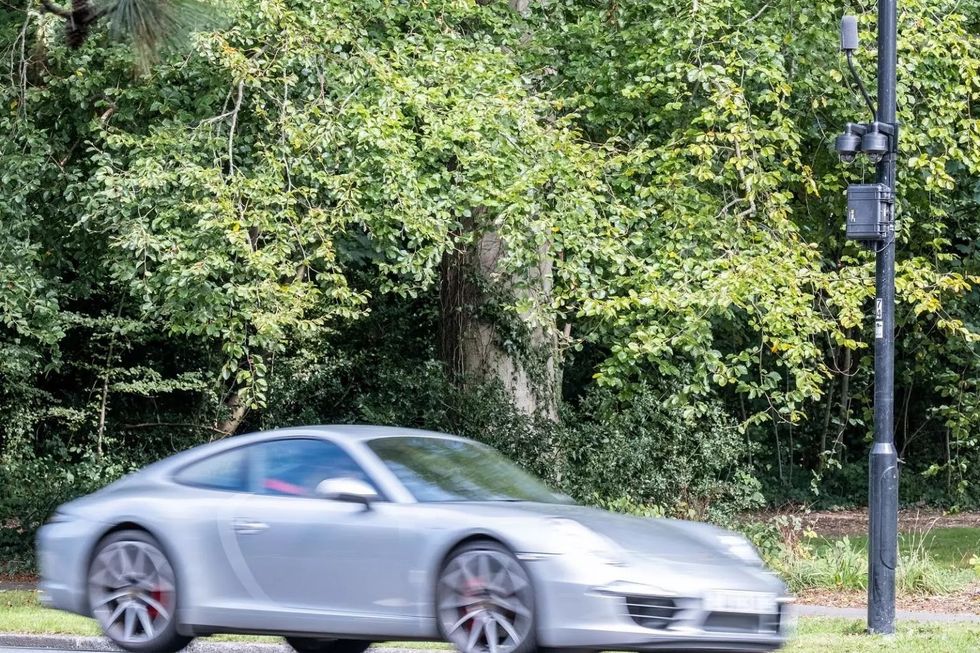
Drivers must not exceed 62 decibels of noise when travelling
| ROYAL BOROUGH OF KENSINGTON AND CHELSEA"The public polling also shows a clear desire for greater information and understanding about what noise cameras can do.
"However, since trials concluded last year, there has been little support from Government for the rollout of this technology, with guidance for local authorities now overdue."
Alongside the findings, ITS UK has called on the Government to support a public awareness campaign which promotes the positive role noise cameras can play in reducing noise pollution.
Cars registered after 2016 have a legal sound limit of 72 decibels, while those registered between 2007 and 2016 are allowed up to 74 decibels. Noise regulation for cars was introduced in 1929 and is currently enforced in the Motor Vehicles (Construction and Use Regulations) 1986.
A noise camera can identify excessively noisy vehicles and where necessary, issue a fine to deter drivers from making too loud noises.
The technology is based on sensors fitted with microphones or radars which can pinpoint a noisy vehicle as it passes. The cameras then take a recording, with automated number plate recognition in place to identify the vehicle.
Drivers can face fines of around £100, penalty points on their driving licences, mandatory re-education courses, and even vehicle seizure.
Sugarman added: "The UK has great expertise in noise camera technology, and so support for this growing sector will not only mean quieter streets for communities around the UK, it will also mean backing a key market that has the potential to be exported around the world."
Adam Drummond, Head of Political and Social Research at Opinium, explained that most people remain unaware of noise camera technology, despite operating in major cities like London.
The Royal Borough of Kensington and Chelsea was the first council in London to roll out noise cameras on Holland Park Avenue and Sloane Street in 2020.
Last year the council recorded more than 1,000 fines being issued to drivers for breaching the noise barrier in place across the borough.
Councillor Johnny Thalassites, who helped spearhead the noise camera initiative at the council, said: "It is not acceptable to surpass 100 decibels in their vehicles, the same volume as a jet engine at take-off. This makes it almost impossible for residents to get a good night’s sleep and can affect people’s health."
LATEST DEVELOPMENTS:
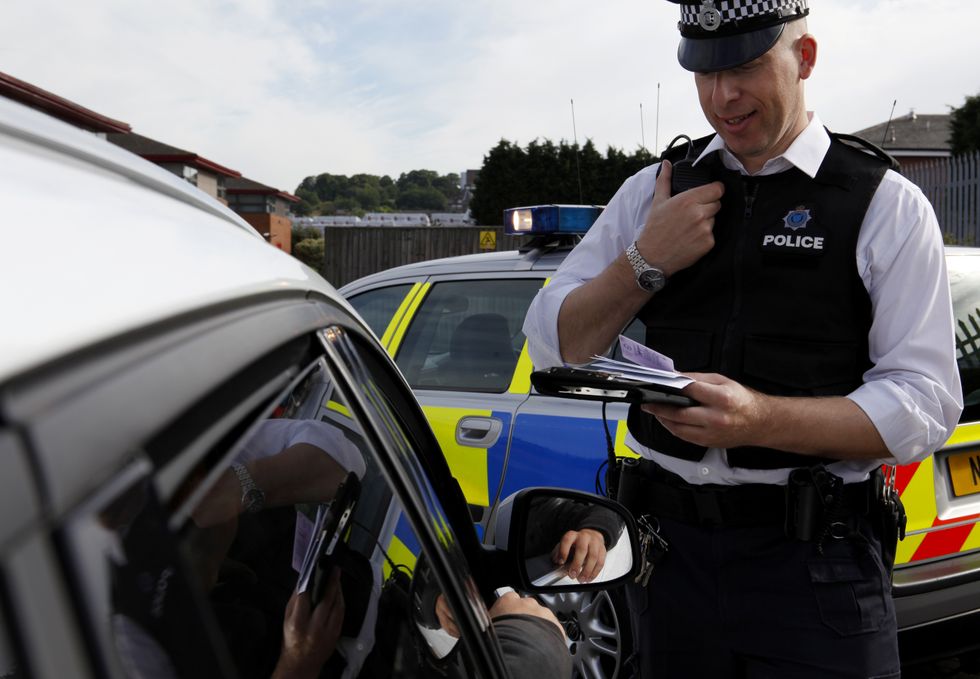 Drivers must adhere to strict noise levels or they could face fines | GETTY/PA
Drivers must adhere to strict noise levels or they could face fines | GETTY/PAThe council said it was prompted to introduce noise cameras after numerous complaints were received by residents in the area. In total 35 reports were recorded of nuisance noise in the area from engines revving between June and August 2020.


